Pope Francis' news of the millennium
Why the Eastern Orthodox Church really might just reconcile with Rome

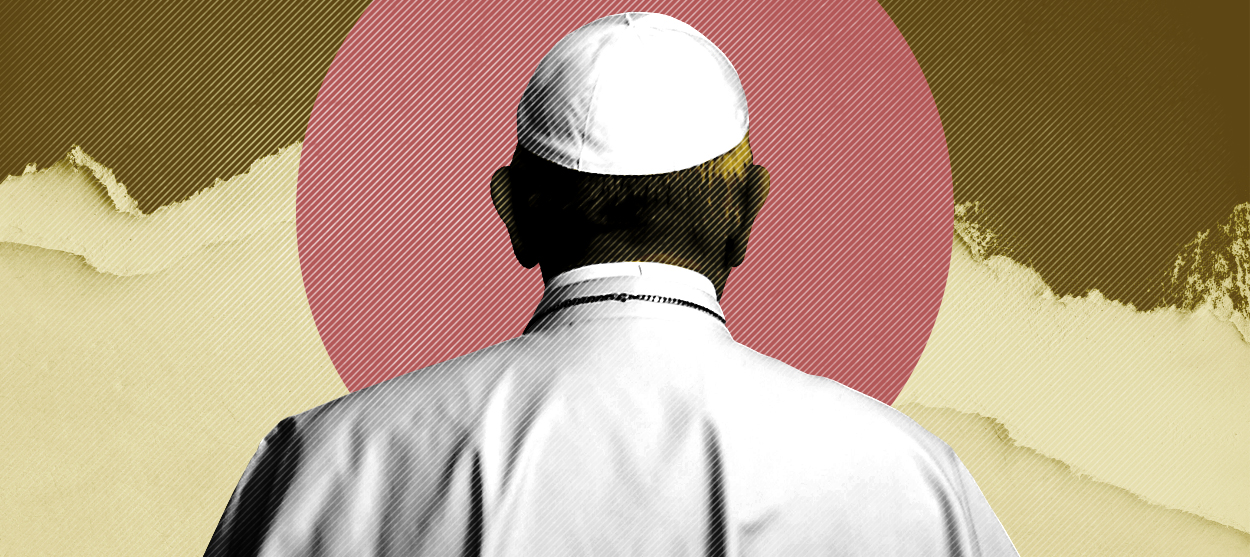
A free daily email with the biggest news stories of the day – and the best features from TheWeek.com
You are now subscribed
Your newsletter sign-up was successful
Credulity is the besetting sin of all journalists, and ecclesiastical journalists in particular. In the last two years, Catholic reporters have convinced themselves that Pope Francis was on the verge of suspending the discipline of clerical celibacy, that he did not believe in the devil (whom he probably mentions more than any pope in recent memory), that he approved of same-sex relations, even, per impossible, that he was about to ordain women to the sacrificing priesthood. None of these things was true.
For this reason, among many others, I am tempted to say that one should not overstate the importance of the Holy Father's hopeful letter to Bartholomew, the ecumenical patriarch of Constantinople, on the subject of reconciliation between Rome and the Orthodox Church. There are no obvious reasons for thinking that the Orthodox are any closer to reaffirming the positions on the filioque, the form of the consecration at Mass, purgatory, and the supremacy of the Roman pontiff that they agreed to at the Council of Florence in the early 15th century.
But this does not mean that Catholics should not share in Francis' hope, or that the almost unimaginable significance of such a proposed reunion should be undersold. Americans are accustomed to thinking of history in terms of presidential administrations or decades, or, at most, centuries. The Great Schism had persisted for hundreds of years before a brief reunion and re-established itself after the fall of Constantinople in 1453 before any European had set foot on these shores. It is arguably the most consequential event of the last thousand years. Its end would be the news of the century, if not the millennium.
The Week
Escape your echo chamber. Get the facts behind the news, plus analysis from multiple perspectives.

Sign up for The Week's Free Newsletters
From our morning news briefing to a weekly Good News Newsletter, get the best of The Week delivered directly to your inbox.
From our morning news briefing to a weekly Good News Newsletter, get the best of The Week delivered directly to your inbox.
A great deal has been written by theological polemicists on both sides about the causes of the schism. Much of it is absurd. The differences between Christians of the Latin West and the Greek East have had more to do with geography, language, and culture than with genuine theological questions. Nearly every controversy in the long sordid history of disunity has involved secular authorities manipulating ecclesiastical politics to their own dubious benefit. What began in the 11th century with papal legates seeking the assistance of the Byzantine emperor in the war against the Normans in southern Italy ended with Ottoman conquerors encouraging the Greek clergy to renounce a unity with Rome that would ultimately have proved fatal to their rule.
This is one reason I share in Francis' optimism. One is tempted to say that these days the temporal power is about as likely to take an interest in the question of the double procession of the Holy Ghost as it is to return us to the gold standard, and that such indifference is one of the unexpected blessings of the end of Christendom. This is probably true in the United States and Europe. But Bartholomew's experience of modern Turkish rule has probably led him to other conclusions. When a court in Istanbul ruled earlier this year amid pressure from reactionary Muslims that the Hagia Sophia would once again become a mosque after a century of existence as a secular museum, the whole religious atmosphere of the fifteenth century was revived. In the face of this hostility, and the continued persecution of Christians in Turkey and elsewhere in the Middle East, equivocation about the definition of purgatory becomes increasingly untenable. Meanwhile Francis, who has called for the Turkish court to reverse its decision, has done more to secure the liberty and exaltation of the Church in the region than any in living memory.
Hence my belief that reconciliation will occur in my lifetime. It is not simply a question of expediency but of a longing for unity that Christians of the West and East have never been able to ignore for long. For my money no one on the Latin side of the question has ever put it better than Fr. Adrian Fortescue:
Let it then be said at once that the pious Orthodox layman lives in the same religious atmosphere as we do. … The Orthodox believe in a visible Church with authority to declare the true faith and to make laws. They have a hierarchy against which our only complaint is that it has lost the topmost branch; they accept the Deuterocanonical books of Scripture as equal to the others, they believe in and use the same seven Sacraments as we do, they honour and pray to Saints, have a great cult of holy pictures and relics, and look with unbounded reverence towards the all-holy Mother of God. Their sumptuous ritual, gorgeous vestments and elaborate ceremonies, their blessings and sacramentals, all make their Church seem what she so easily might once more become — the honoured sister of the great Latin Patriarchate. [The Orthodox Eastern Church]
This ancient controversy can be summed up in one sentence: The Orthodox believe everything Catholics do. It is time that we all acknowledged this.
A free daily email with the biggest news stories of the day – and the best features from TheWeek.com
Matthew Walther is a national correspondent at The Week. His work has also appeared in First Things, The Spectator of London, The Catholic Herald, National Review, and other publications. He is currently writing a biography of the Rev. Montague Summers. He is also a Robert Novak Journalism Fellow.
-
 Local elections 2026: where are they and who is expected to win?
Local elections 2026: where are they and who is expected to win?The Explainer Labour is braced for heavy losses and U-turn on postponing some council elections hasn’t helped the party’s prospects
-
 6 of the world’s most accessible destinations
6 of the world’s most accessible destinationsThe Week Recommends Experience all of Berlin, Singapore and Sydney
-
 How the FCC’s ‘equal time’ rule works
How the FCC’s ‘equal time’ rule worksIn the Spotlight The law is at the heart of the Colbert-CBS conflict
-
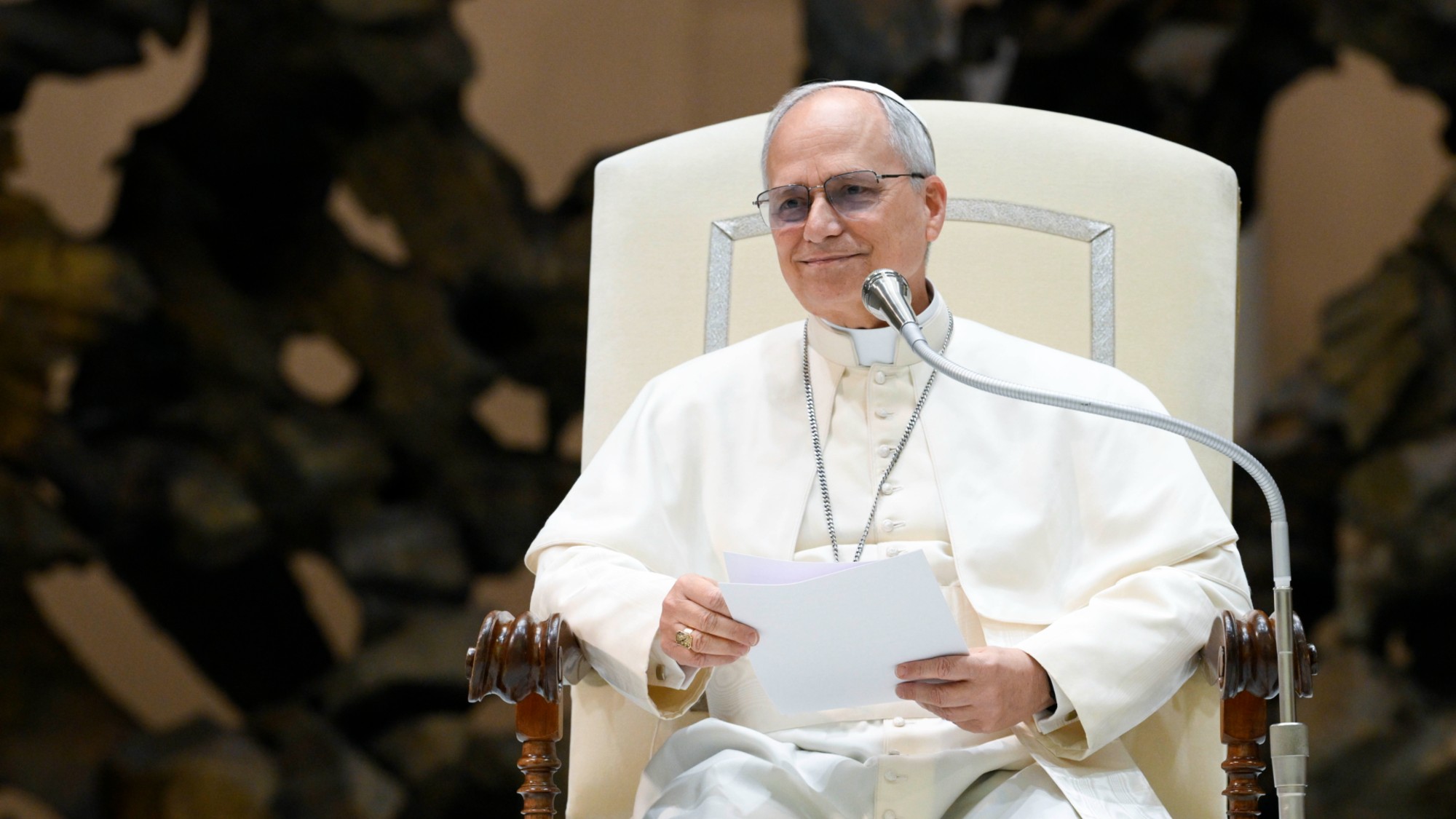 Where the new Pope Leo XIV stands on social issues
Where the new Pope Leo XIV stands on social issuesThe Explainer The first American pontiff is expected to continue some of his predecessor's work
-
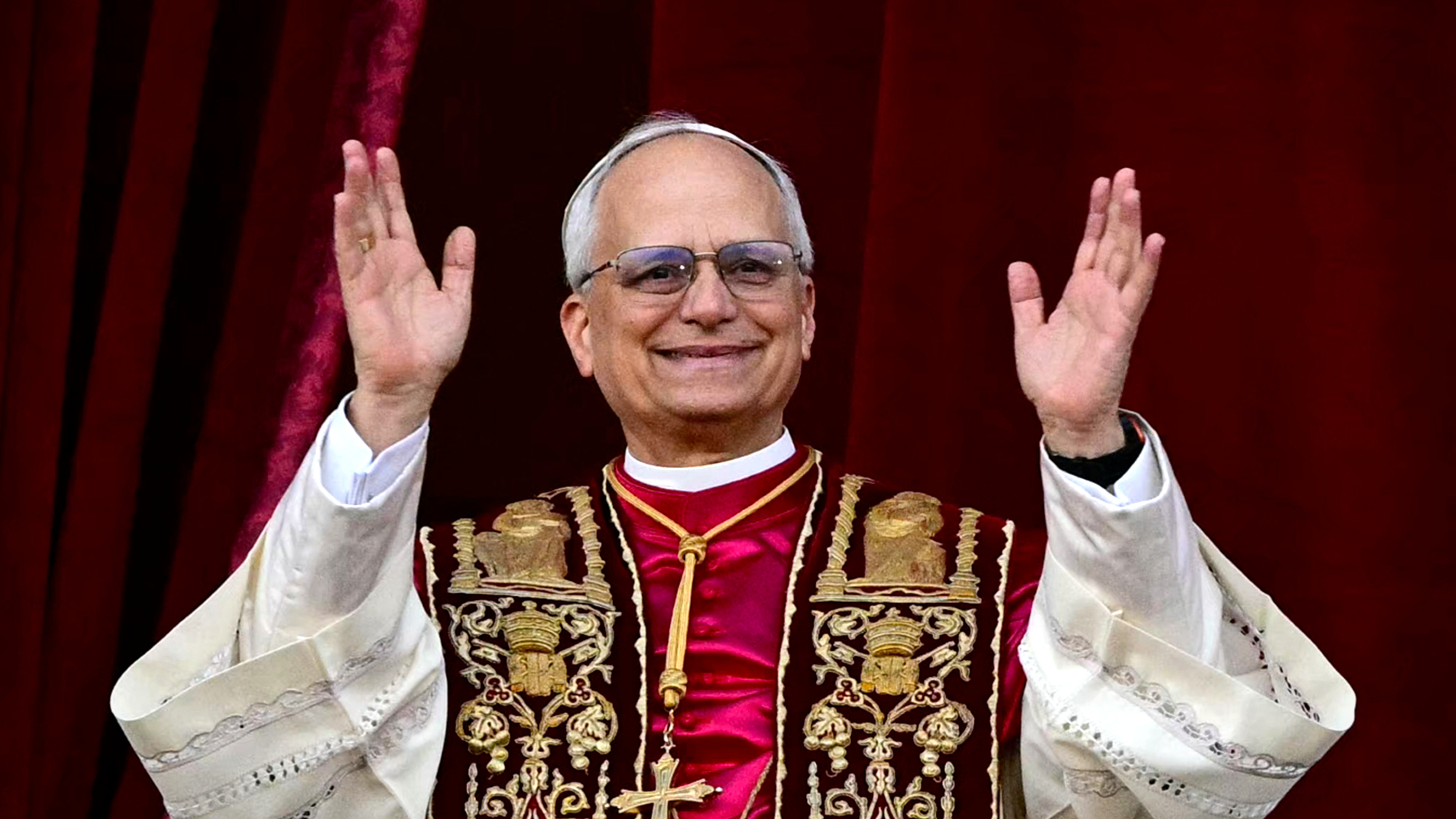 Prevost elected first US pope, becomes Leo XIV
Prevost elected first US pope, becomes Leo XIVspeed read Cardinal Robert Francis Prevost is a Chicago native who spent decades living in Peru
-
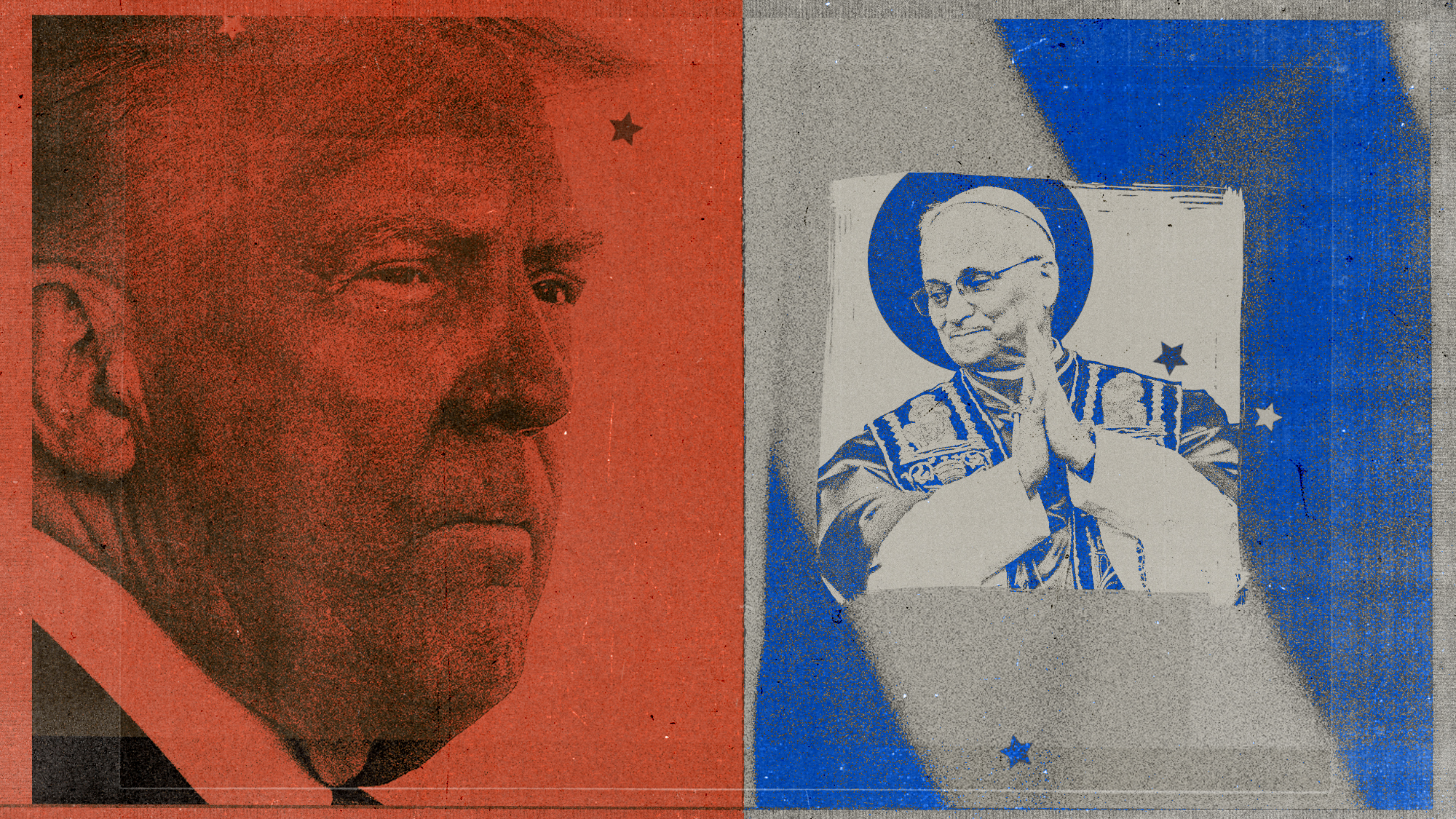 Leo XIV vs. Trump: what will first American Pope mean for US Catholics?
Leo XIV vs. Trump: what will first American Pope mean for US Catholics?Today's Big Question New pope has frequently criticised the president, especially on immigration policy, but is more socially conservative than his predecessor
-
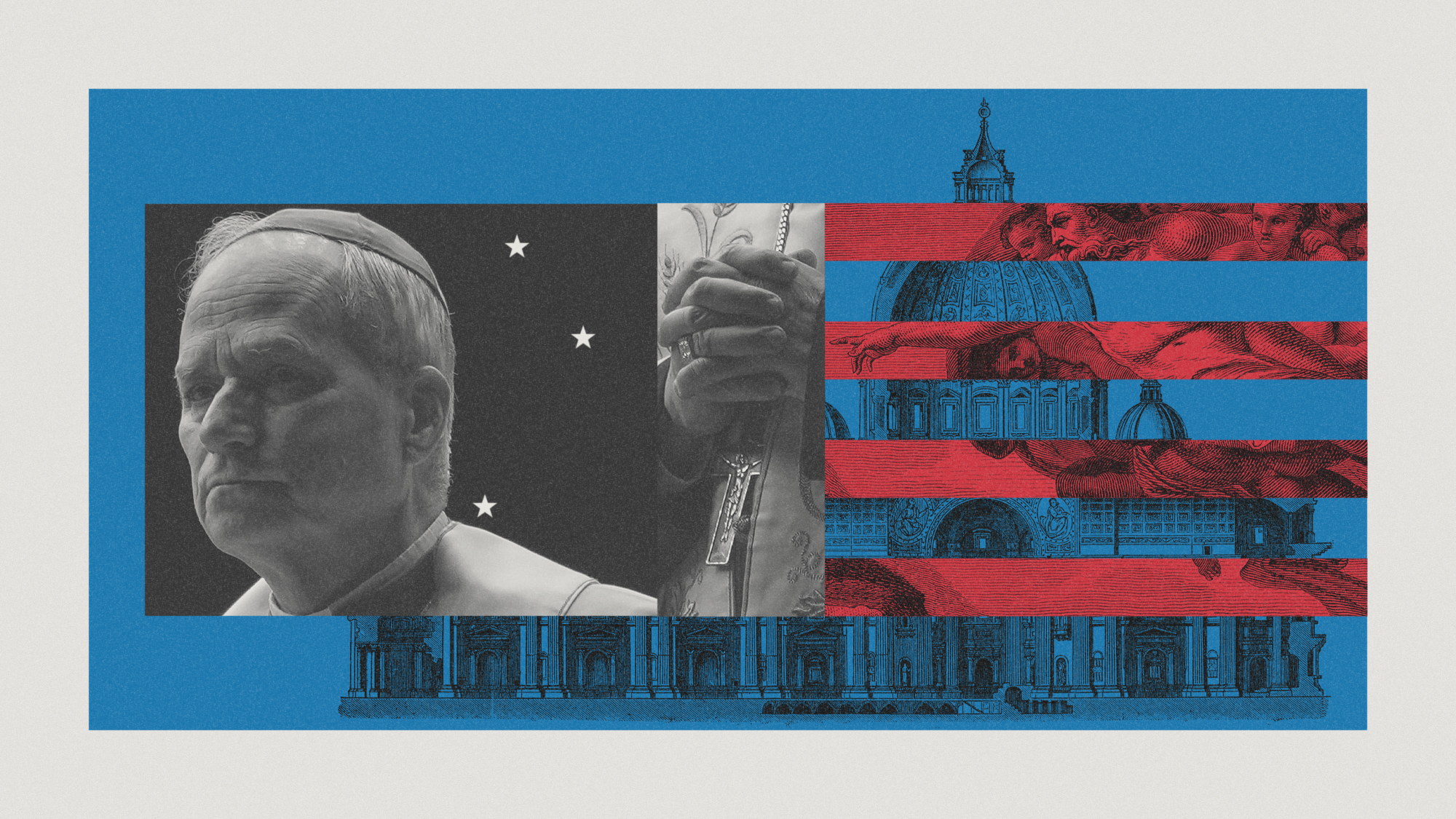 Could the next pope be an American?
Could the next pope be an American?Today's Big Question Cardinal Robert Francis Prevost is a possible 'superpower pope'
-
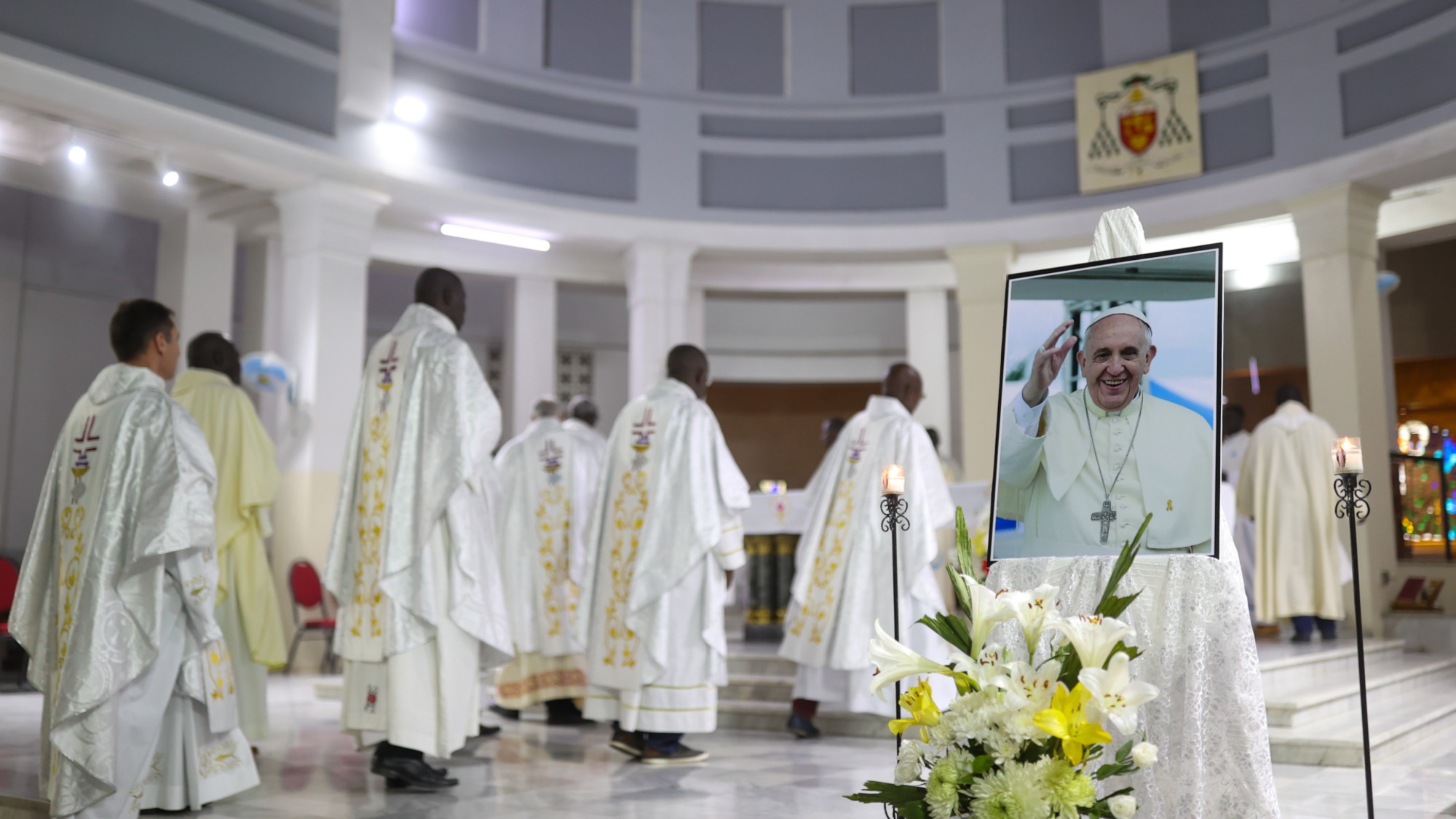 What would an African pope mean for the continent?
What would an African pope mean for the continent?Today's Big Question The Catholic Church has never had a pope from Africa in its modern history
-
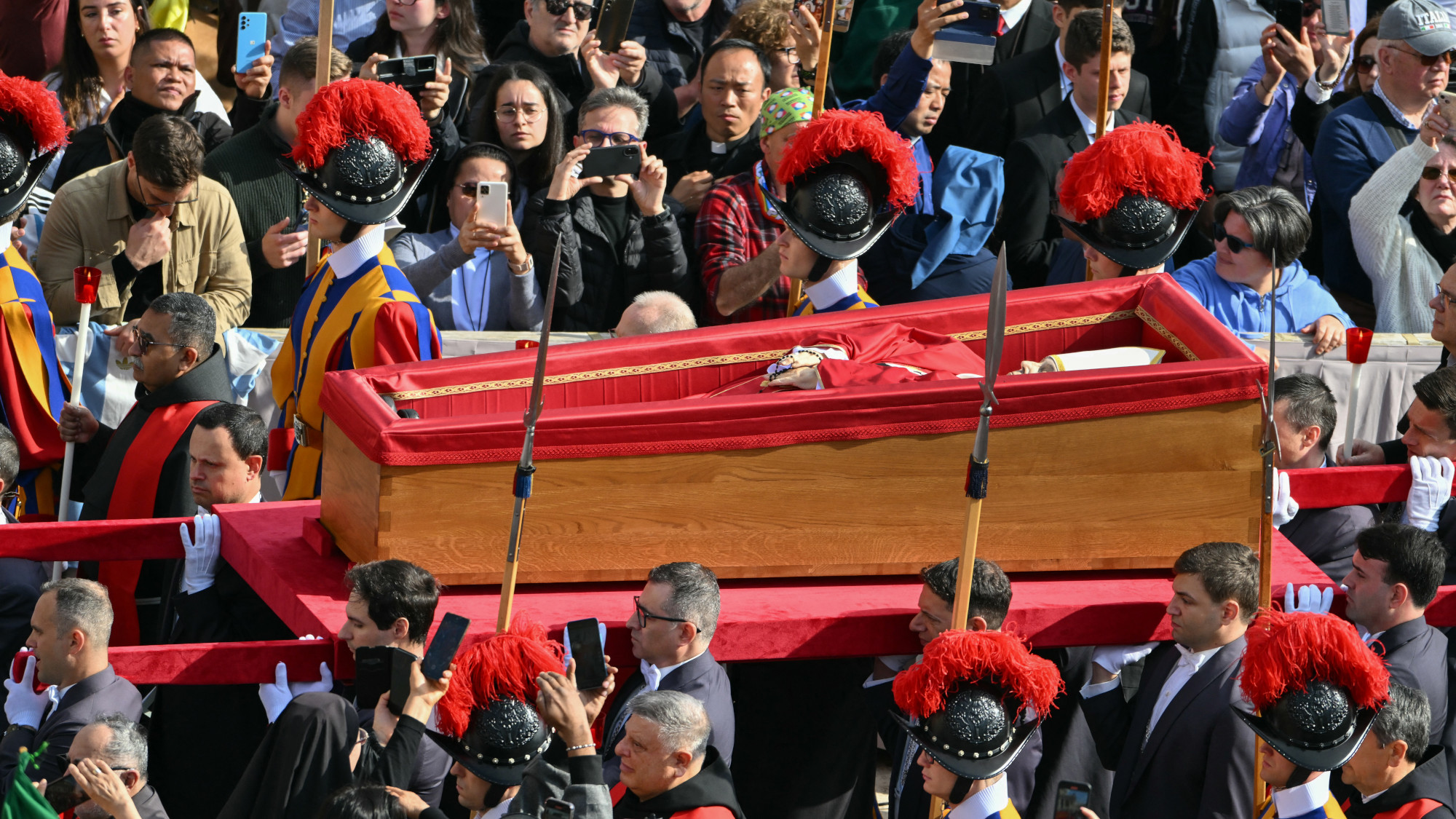 Millions mourn as Vatican prepares for transition
Millions mourn as Vatican prepares for transitionFeature Pope Francis, the pontiff who challenged tradition, leaves the Catholic Church at a crossroad to choose his successor
-
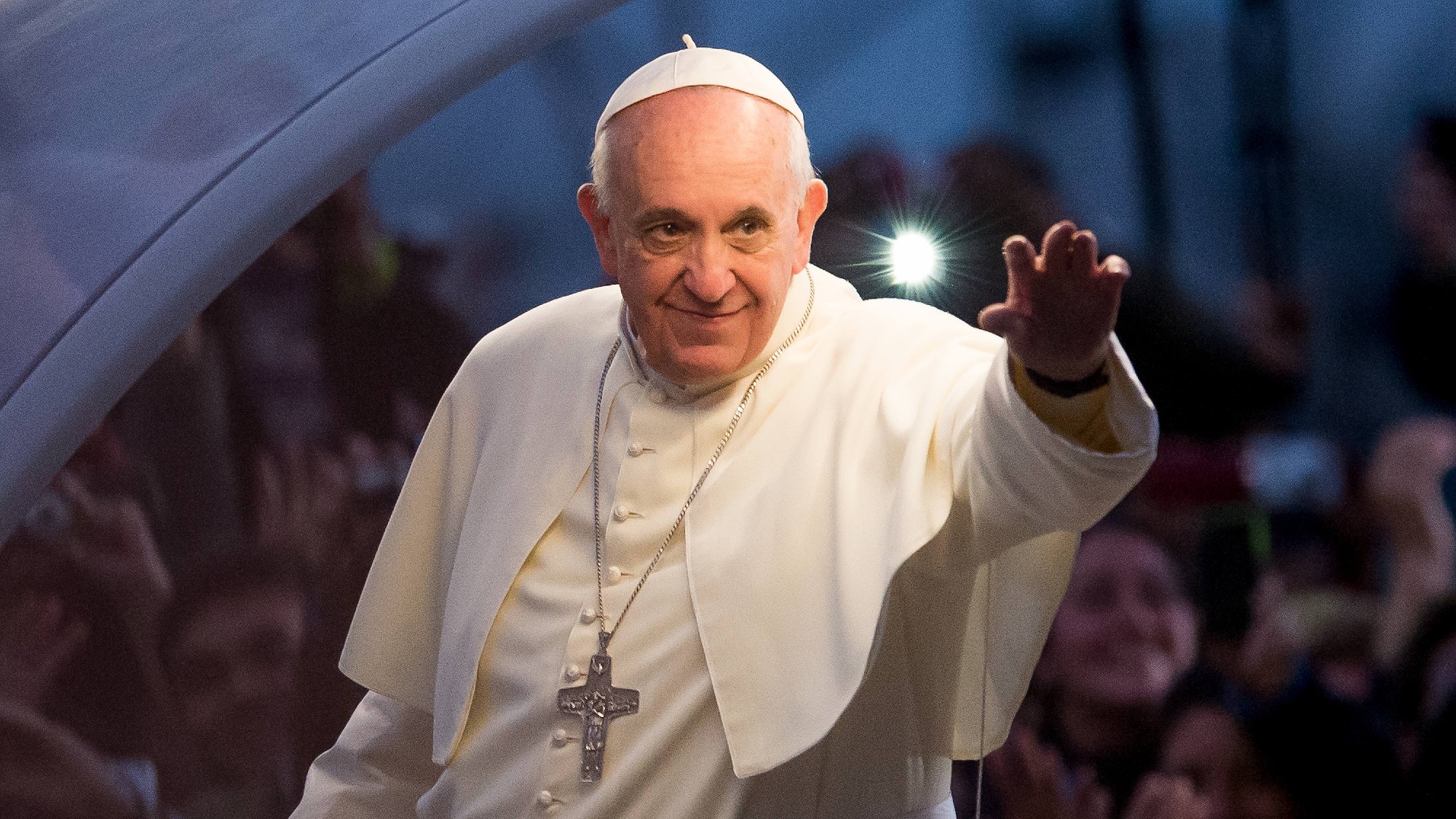 Pope Francis obituary: modernising pontiff who took the Gospel to the margins
Pope Francis obituary: modernising pontiff who took the Gospel to the marginsIn the Spotlight For traditionalist Catholics, Jorge Bergoglio's reforms often seemed to go too far; progressives, though, will demand more of his successor
-
 How will the next pope change the Catholic Church?
How will the next pope change the Catholic Church?Talking Points Conclaves can be unpredictable
